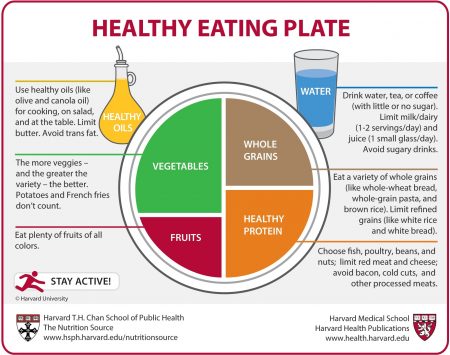Non-Communicable Disease
Every individual is at risk of developing chronic conditions leading to heart disease and cancer. However, people from South Asian backgrounds are more likely to develop diabetes early and have bad cholesterol. South Asians develop heart disease on average 10 years earlier than other groups and have a much greater chance of having a heart attack before the age of 50.
7 Things You Can Do to prevent non-communicable diseases and their complications
1. Schedule Your Annual Check-Up!
At least once per year, visit your primary care doctor to discuss immunizations, screening, and prevention for non-communicable diseases. If you have medical issues like diabetes and high blood pressure, you may need to visit your doctor more often. Annual screening is critical to prevent cancer and heart diseases – and one of the only ways to identify the early signs so you can intervene sooner.

2. Check Your Blood Pressure
High blood pressure – over 120/80 – is very common, and if unmanaged, can cause heart attacks, strokes, and kidney failure. If your blood pressure is repeatedly high, you may need medications to control it. You can check your pressure at a local pharmacy, grocery store, or at your doctor’s office. You must discuss your blood pressure with your doctor at least once per year. If you are already taking medication for high blood pressure, it is really important to take medications daily or as prescribed.
3. Check for Diabetes
If you are over 18, you should get screened for diabetes. South Asians, and those who are overweight, should be screened regularly. Diabetes is one of the leading causes of heart attacks and strokes. If you have already been diagnosed with diabetes, you must be regular and diligent in managing your diet and in taking medications if they have been prescribed. Managing your blood sugar closely can prevent the complications of diabetes.
4. Check Your Cholesterol
High cholesterol can be genetic, but you may also develop it without a family history. Ask your doctor at your annual check-up if it is time to check your cholesterol, especially if you have a South Asian background. Remind your doctor that South Asians have a higher risk of heart disease as this may affect treatment decisions. If you have been prescribed medications for high cholesterol, take them regularly.
5. Check for Common Cancers
Women over 40 should discuss breast cancer screening with their doctors, while men and women over 45 should discuss screenings for colon cancer. If you have a family history of cancer, screening can help catch any signs early and allow you to intervene sooner rather than later. With cancer, earlier screening can save lives.
6. Exercise Daily
Exercising at least 150 minutes per week, or 30 minutes for 5 days a week can reduce your chance of getting cancer, heart disease and/or diabetes. We must make time to exercise and be more active, especially those of us who spend much of the day sitting at a computer. Go for a brisk walk in the evenings with friends or family, or sign up for an exercise class. Aiming for 10,000 steps a day can go a long way in making you healthier.
7. Eat Well
- Eat vegetables with every meal (half of your dinner plate)
- Eat fruit three times a day
- Eat legumes/beans three times a week
- Reduce red meat (including mutton) to once a week
- Eat fish at least once a week
- Have daal or lentils every other day
- Snack on a small portion of nuts
- Switch to whole grain bread and brown rice
- Reduce bread, rice, and potato portions (no more than a quarter of your dinner plate)
- Use low-fat dairy
- Use olive or canola oil for daily cooking instead of butter or ghee
Copyright © 2011, Harvard University. For more information about The Healthy Eating Plate, please see The Nutrition Source, Department of Nutrition, Harvard T.H. Chan School of Public Health, www.thenutritionsource.org, and Harvard Health Publications, www.health.harvard.edu.

